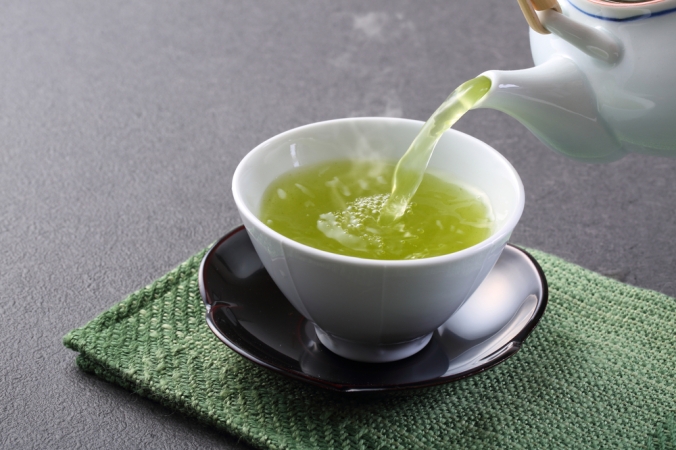The onset of Autumn generally conjures up thoughts of cosy evenings by the fire or wrapping up a little warmer.
When the weather gets colder, the body craves and needs warming foods to keep it optimally fuelled and able to ward off colds and infections.
Clinical nutritionist, Suzie Sawyer, serves up her five top foods to keep body and mind healthy and robust this Autumn.
Root vegetables
Top of the list must be root vegetables. They are what your body craves when it needs nourishing support. Swedes, carrots, sweet potatoes, turnips and parsnips are perfect for Autumn eating.
Not only are they high in vitamin C to support the immune system, they all contain specific compounds called indoles and isothiocyanates which are really protective against some of our nasty degenerative diseases.
Even better, they all make great ‘comfort’ food, which is perfect for the body right now. Soups, curries and stews can be cooked in bulk and will last a few days. Plus, they all make great and simple vegetable sides. There’s no end of choices but make them a priority when meal planning.
Also try to include members of the cruciferous vegetable family, including cabbage, kale and broccoli.
Ginger
Top of the warming herbs list is ginger. It’s also top of the list of healing ingredients in Ayurvedic medicine. Ginger is a great digestive aid because it stimulates bile production (essential for good digestion), is a powerful anti-inflammatory agent and has anti-bacterial qualities. Even better, you can use it in everything!
Use it to awaken your taste buds and digestion in the morning with some warm water and lemon. This also helps cleanse the liver, so you’ll quickly feel invigorated. Why not make your own fresh ginger tea and drink it throughout the day? And if you’re struggling with headaches down to the amount of time spent in front of screens right now, ginger is also your friend.
Quinoa
Eating whole grains is important for Autumn since the body needs to be well nourished and grounded. Quinoa is technically a seed not a grain, but it matters not when talking about its array of nutrients.
In many ways, quinoa is better than rice because it contains much more protein, so is perfect for vegetarian and vegan diets. It’s also high in trace minerals, including zinc, magnesium and iron, and also fibre. Even better, quinoa is high in antioxidants which help to combat free radicals and in turn supports a healthier you.
Cook up a batch and freeze it: quinoa is great hot or cold with most other foods.
White fish
Autumn is all about finding good life balance and this is also true for the digestive system. It shouldn’t be put under pressure at the moment, hence white fish such as cod, sea bass, sole and haddock are very easy to digest, whilst providing plenty of wholesome nourishment.
Although white fish doesn’t contain all the pizazz of oily fish and the essential omegas, it is very high in protein and low in saturated fat. It will also help keep blood sugar in good balance so energy levels will be sustained.
Even better, it’s really easy and quick to cook; think seabass in a parcel with ginger, spring onions and lemon grass. It’s really delicious and ready in around 15 minutes.
Turmeric
This is a ‘must-have’ in your store cupboard. The health benefits of turmeric just keep growing as new research comes to light. However, it’s a great anti-inflammatory, a powerful antioxidant, a potent liver detoxifier and great immune booster. And it’s so versatile: it can be used in a plethora of dishes.
Raw turmeric is more warming but it’s slightly time-consuming to work with, so ground and dried turmeric is fine and it’s best absorbed when eaten in a dish with black pepper.
Turmeric is an essential Autumn spice; why not try a turmeric latte, on trend right now!
So, give your body what it needs this Autumn and hopefully you’ll stay happy and healthy.
Stay well.
FOR MORE GREAT DIET AND LIFESTYLE ADVICE:
Sign up to receive our blog and get a weekly dose of the latest nutrition, health and wellness advice direct to your inbox.
Follow us on Twitter @feelaliveuk for nutrition, lifestyle and well-being tips.
Visit us at www.feelaliveuk.com for the latest offers and exclusive Alive! content.
Follow and Chat with Suzie on Twitter @nutritionsuzie
For everything you need to know about vitamins, minerals and herbs visit our sister site Herbfacts
All images: Shutterstock























